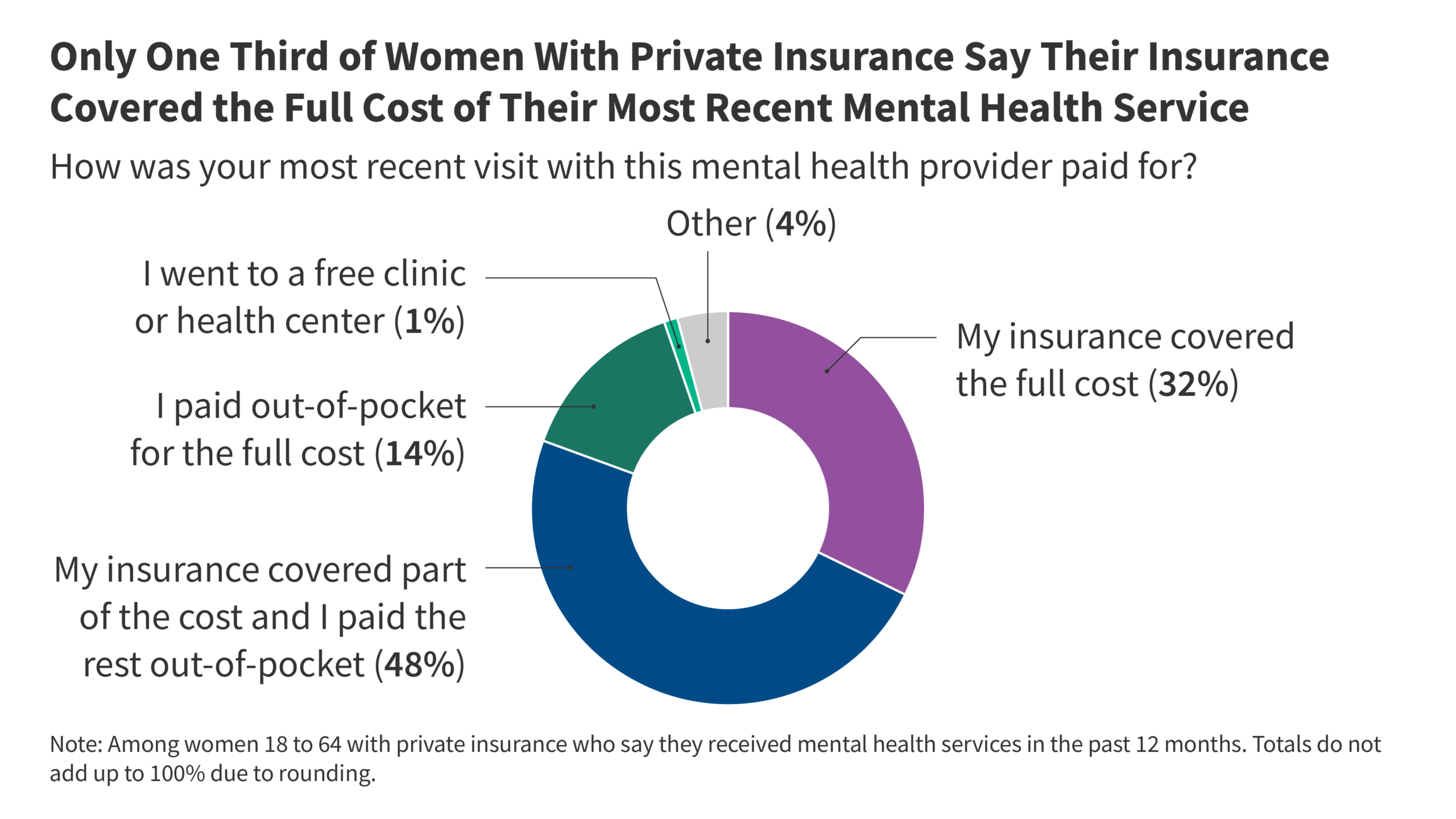Recent data from the NHS indicates that over 800,000 individuals in England have received a formal diagnosis of Attention Deficit Hyperactivity Disorder (ADHD). This statistic reveals that approximately one in 44 children and one in 125 adults have ADHD recorded in their medical histories.
In response to the rising prevalence of ADHD, schools and workplaces will need to implement accommodations, such as additional exam time and flexible working arrangements. An official review of ADHD services is scheduled to recommend these adjustments this summer. This is the first instance where official ADHD diagnosis statistics have been published amidst a growing demand for assessments.
The increase in diagnoses is attributed in part to heightened awareness on social media, as well as concerns regarding the practices of some private clinics that may be overdiagnosing ADHD. Analysis of general practitioner (GP) data shows that 1.3% of the population, roughly 820,000 people, have been diagnosed with ADHD, and the number of prescriptions for ADHD medications has nearly doubled since the onset of the COVID-19 pandemic.
Health Secretary Wes Streeting has expressed concerns about the potential overdiagnosis of mental health conditions, cautioning that too many individuals might be dismissed. There is also alarm regarding how the increase in ADHD cases could lead to more disability benefit claims. Despite these concerns, the NHS believes ADHD is underdiagnosed, estimating that around 2.5 million people in England may have the disorder. Long wait times for assessments contribute to this issue, with many individuals waiting years for a diagnosis.
Officials are urging other government departments to enhance support for people with ADHD to alleviate pressure on the health service. The NHS has established a national task force collaborating with various government sectors to produce a report on how public services can better respond to the demand for ADHD support.
ADHD is a neurodevelopmental disorder characterized by difficulties in concentration and hyperactivity. Anita Thapar, the task force leader and a psychiatry professor at Cardiff University, emphasized the need for schools and workplaces to offer accommodations based on individual needs, regardless of whether a formal diagnosis exists. For instance, those who struggle to focus in noisy environments should receive support without needing a diagnosis.
The NHS is also collaborating with the Department for Work and Pensions to develop strategies for assessing disability benefit claims related to ADHD. Mental health and behavioral conditions account for over half of the increase in disability claims among working-age individuals since the pandemic, raising economic concerns related to ADHD diagnoses.
Thapar stated that the new data points to significant under-recognition of ADHD in the population and mentioned that the task force aims to monitor the quality of services in private clinics to mitigate fears of overdiagnosis.
ADHD is typically not diagnosed in children under five, as certain behaviors can be part of normal development. However, estimates have been made for those aged four and younger to project future diagnoses.
The surge in ADHD diagnoses is partly influenced by increased awareness, spurred on by public figures discussing their experiences. Notable individuals with ADHD include actress Sheridan Smith, chef Heston Blumenthal, and actor Kit Harington. Social media influencers on platforms like TikTok and Instagram have also contributed to the conversation about ADHD symptoms and treatment.
A Department of Health and Social Care spokesperson acknowledged the rising delays in receiving ADHD diagnoses, referencing Lord Darzi’s report on the state of the NHS. The government aims to address these delays through the Plan for Change, seeking to improve access to necessary support.
The NHS ADHD task force is uniting expertise from health, education, and the justice system to better understand the challenges faced by individuals with ADHD, including the need for timely access to services.



